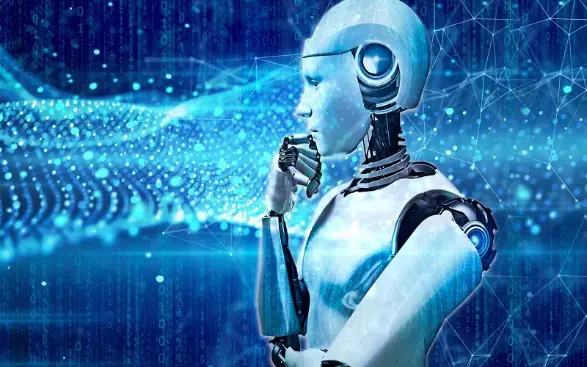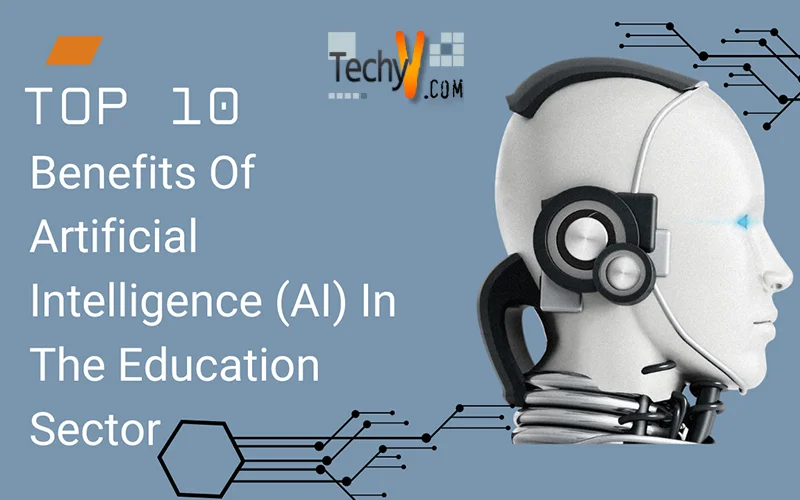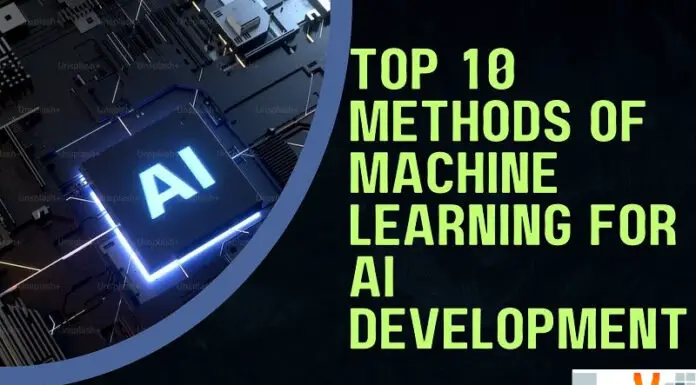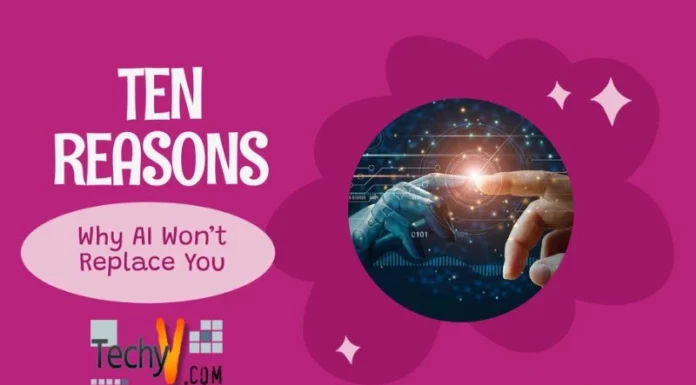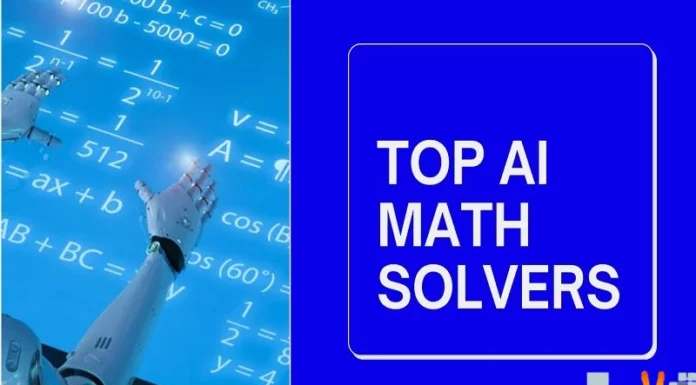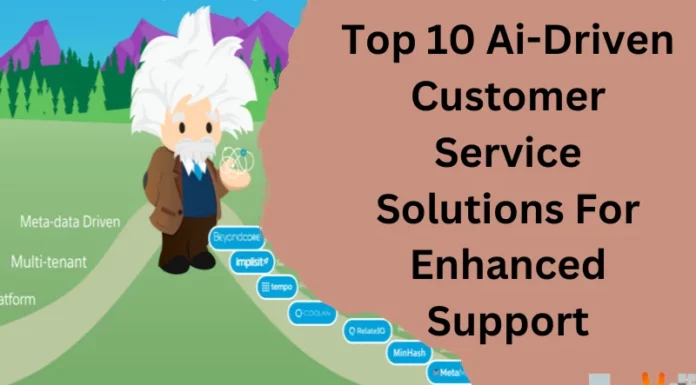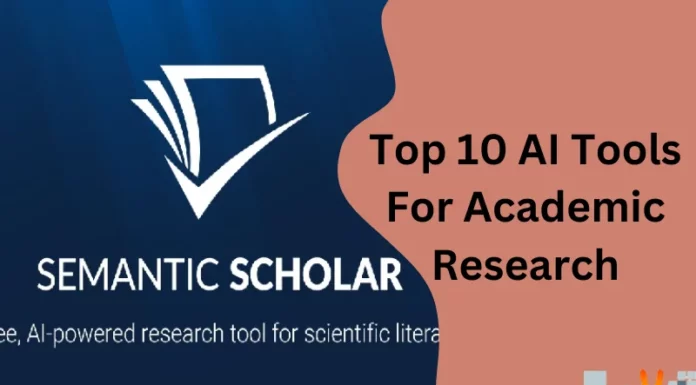With the advancement of technology every day, humans can do amazing things nowadays. One such advancement is artificial intelligence (AI). It enables customized learning with intelligent information on digital devices at the moment of need.
As AI evolves and becomes more pervasive, it has become a teacher’s assistant. Today with the help of AI educators understand precisely what students know, what they don’t know, and what they’re ready to learn next in the different fields. In this way, AI saves teachers valuable time and helps in teaching and personalizing learning.
Artificial intelligence can enhance current teaching methods by providing students with a different learning experience. Here are the top 10 benefits of how you can achieve the same.
1. Production Of Intelligent Educational Content
Artificial intelligence is revolutionizing the business of education by introducing new ways for students to succeed. Intelligent content is widely used among, educators, organizations, and students to simplify learning. It refers to virtual information such as e-textbook supplements, video lectures, and conferences. If you want to learn how to use artificial intelligence to make your essay longer, there are several tools available. Robots enhance the learning experience by creating customizable learning interfaces and digital information suitable for students of different grades, and all of this is possible because of the new and advanced AI technology.
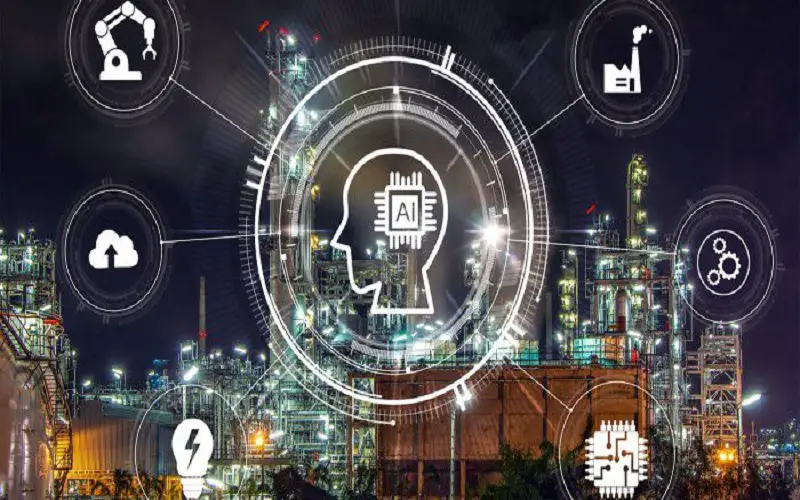
2. Grading Software
The speed and accuracy with which article reviewers can rank articles is a significant advantage of artificial intelligence in education. Although AI is still in its initial stage, it offers many potential applications, including the potential to use AI-based software to grade student essays.
Grading tests can be a time-consuming and tedious process for teachers. This time should be spent on professional development and interaction with students. MCQs and blank questions can now be automatically graded, thanks to AI. Teachers no longer need to assess each student’s learning manually. They can now use essay grading software for help.
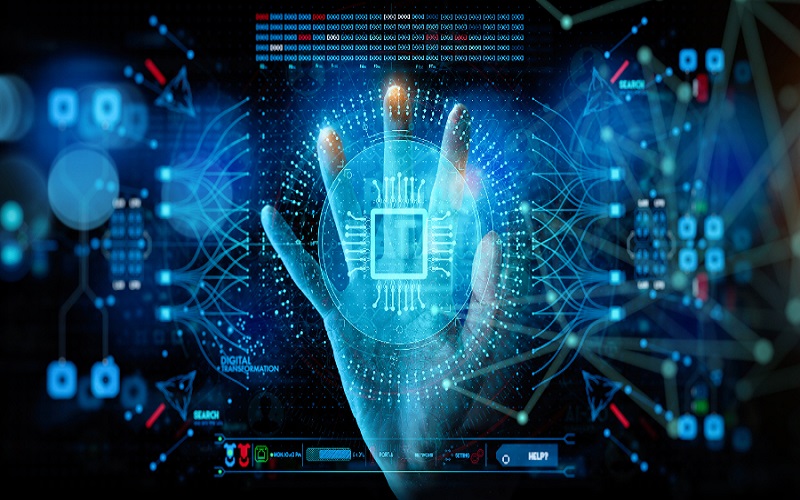
3. Organized Information
In addition to the capabilities of artificial intelligence systems in education, artificial intelligence has many benefits for students. The exceptional skills of these intelligent devices, such as their ability to continuously feed knowledge from multiple sources, are used by teachers and educators worldwide to improve student achievement. Artificial intelligence (AI) systems are increasingly being used in classrooms around the world because they enable students to learn faster and more effectively, thanks to their deep understanding capabilities.
AI applications can help students find solutions and answers using readily available dictionaries such as Google Scholar and videos and educational information, thus reducing the impact of traditional approaches such as books and lectures. The gap in educational resources is greatly reduced thanks to AI.
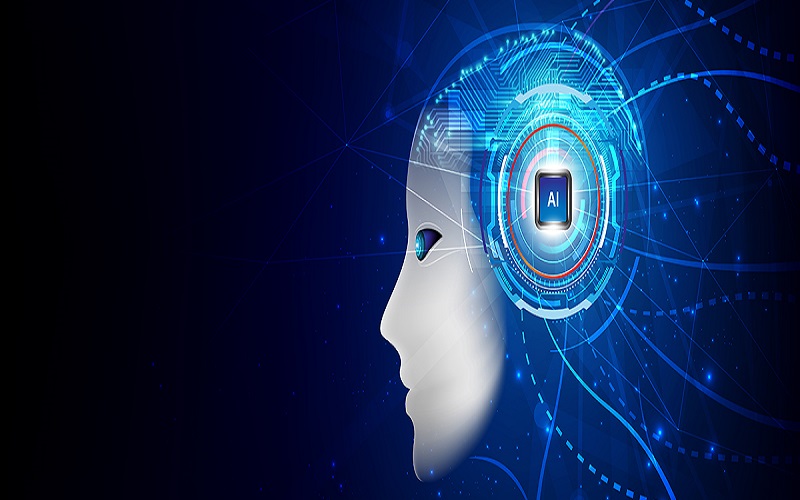
4. Personalized Training
Artificial intelligence has revolutionized the field of education. Personalized learning, where information from student data is used to develop courses and activities specifically tailored to the needs and interests of the student, is one way to see this shift. AI enables customers to deliver customized content and keep users on your apps and websites longer than previously thought.
After categorizing a student’s performance, AI helps create a customized study timetable. It uses innovative technology to create a program tailored to your student’s needs. This allows advanced changes to identify gaps in students’ knowledge.
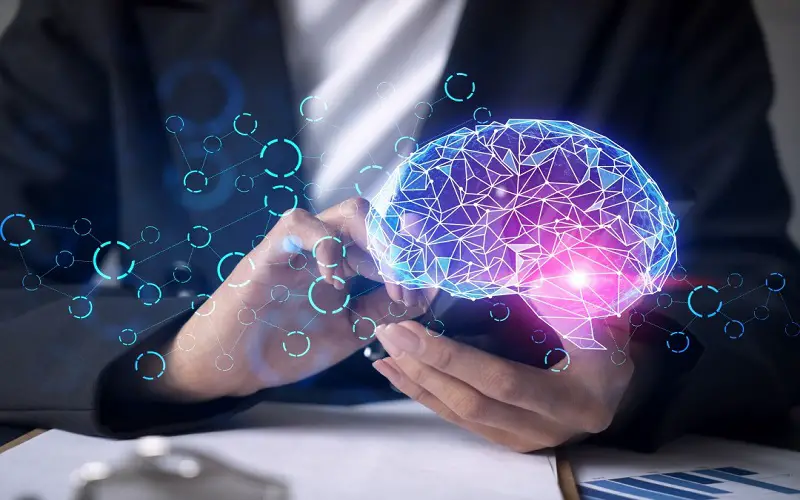
5. Strengthen Interaction With Students
The level of teacher-student interaction has improved significantly. Gamification and virtual reality are two advanced technologies that go a long way in integrating students into the learning process and making it more engaging. Various AI-based algorithms help analyze students’ knowledge and interests to provide customized educational programs.
Teachers can quickly assess each student’s strengths and weaknesses and give them the time and attention they need to improve grades and learn more efficiently. Due to its adaptability, artificial intelligence can be used to help students with special needs.
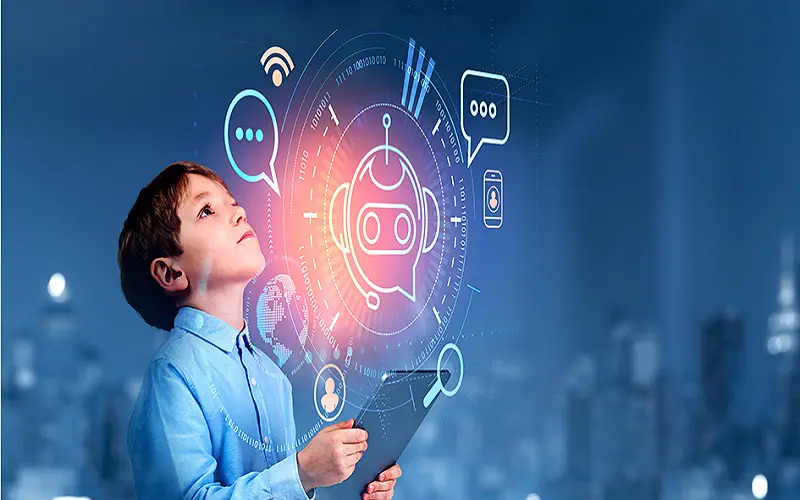
6. Improving Educational Standards And Educational Quality
An advanced approach to improving participation in educational courses at all levels is presented by artificial intelligence. AI can modify course content, provide immediate feedback, and determine student engagement levels through interactive learning methods that are not currently offered by educational institutions. It helps access material outside the regular classroom and receive real-time feedback.
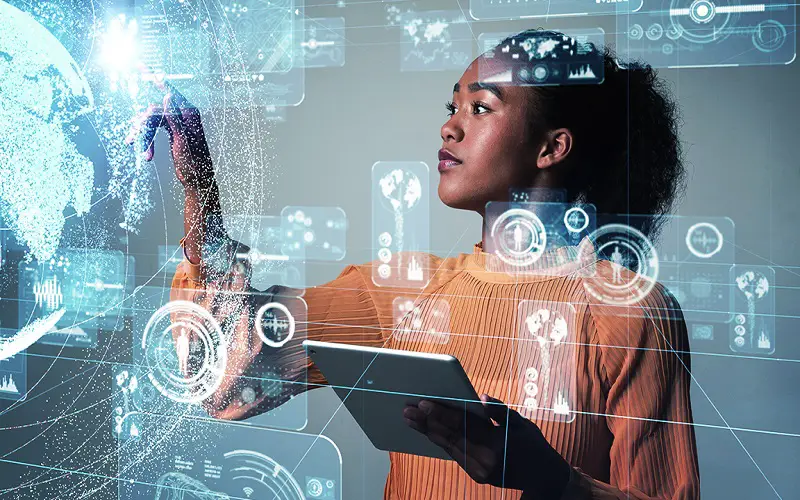
7. Reduce Human Error
Advances in technology have automated many tasks that were previously performed by humans. One example is how artificial intelligence (AI) has reduced human error when grading exams and assignments in education.
Artificial intelligence can help reduce the possibility of human error. With data entry and processing performed by robotic process automation technology, digital systems are more efficient and less likely to cause problems due to data processing errors. AI is beneficial in the field of education because it improves the quality of work. Even long tasks can be done without compromising the quality of work.

8. Solving Complex Problems
Artificial intelligence technology has progressed from essential machine learning to advanced deep learning models. You will be able to handle complex problems with effective solutions. Whether it is fraud detection or personal interactions, AI helps organizations deal with such issues intelligently. Increasing efficiency in solving complex challenges increases productivity and reduces costs. With the help of AI, your chances of finding a quick and effective answer are greatly increased.
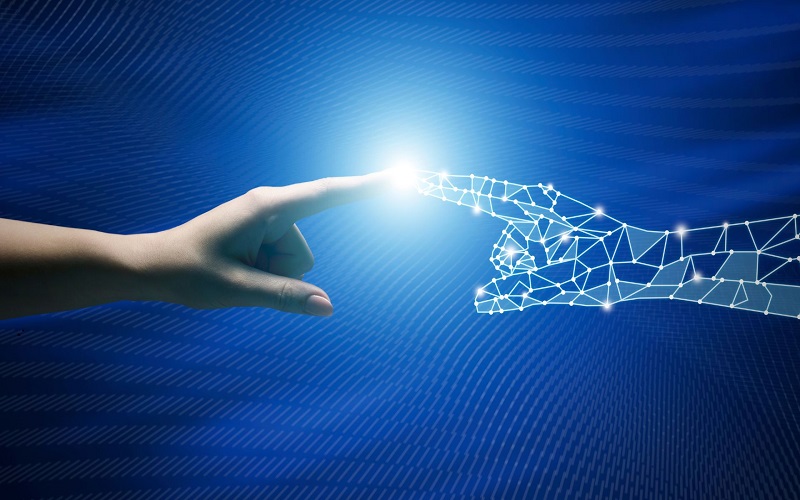
9. Assists With Administrative Tasks
AI acts as a teacher’s assistant and takes over administrative tasks so teachers can spend more time with their students. Back-office and task-related operations, such as grading assignments and facilitating customized responses for students, benefit greatly from AI systems. We can also handle logistical concerns, administrative issues, personnel issues, and more. Thanks to the help provided by artificial intelligence tools, teachers are primarily relieved of the burden of managing these additional responsibilities.
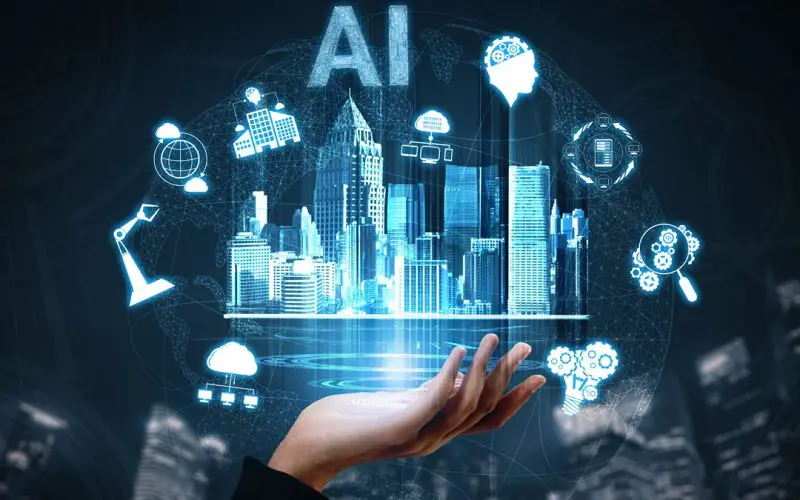
10. Effective Time Management
Time management in the classroom is difficult for teachers because they have to do several things at the same time. Not only the educational activities but also the presentation of lectures as well as the grades of each student are evaluated. With the help of artificial intelligence tools, it can be done effectively and achieve ideal learning results. Teachers can save a lot of time by having tools like this that help them get things done.
